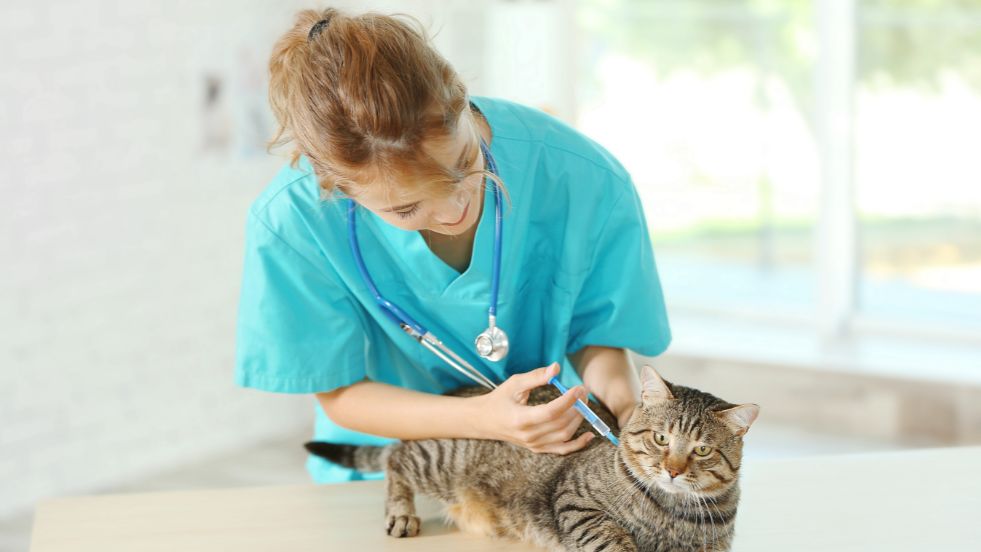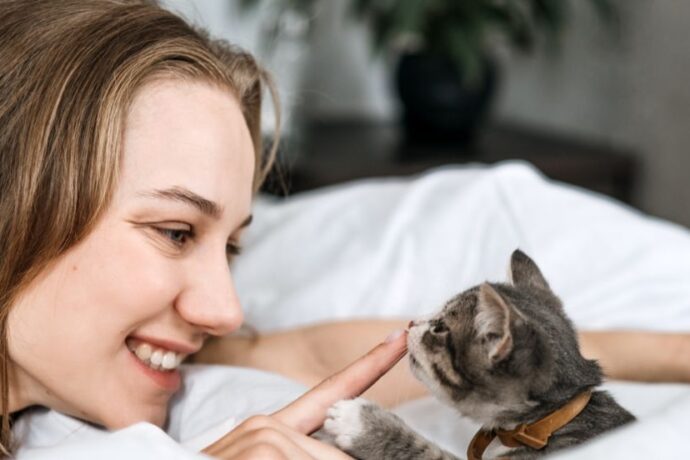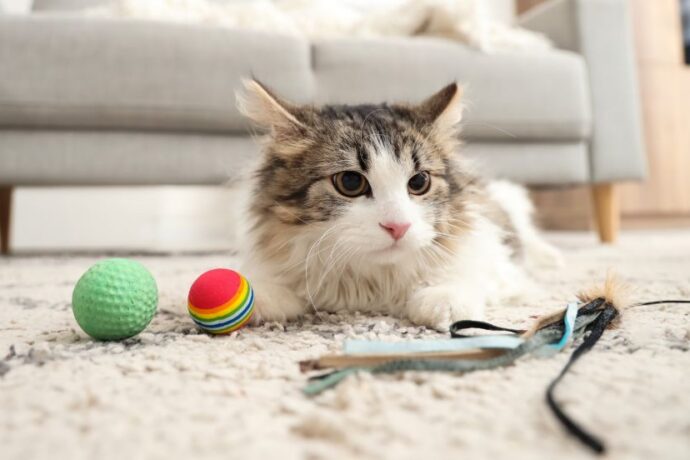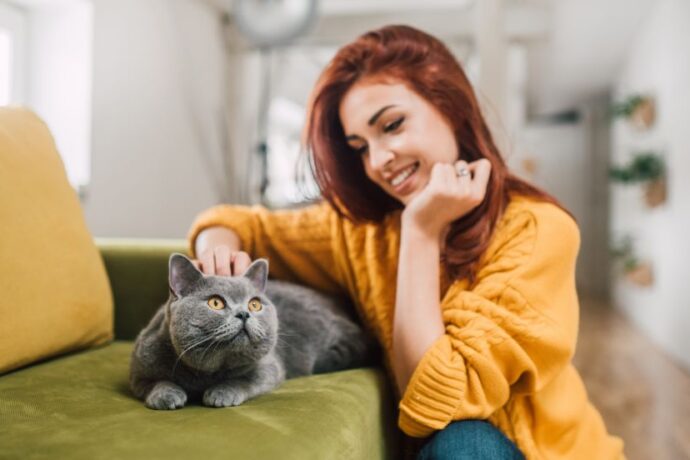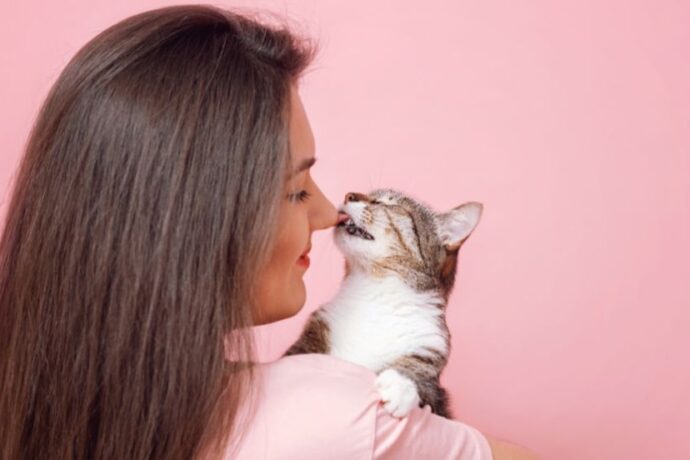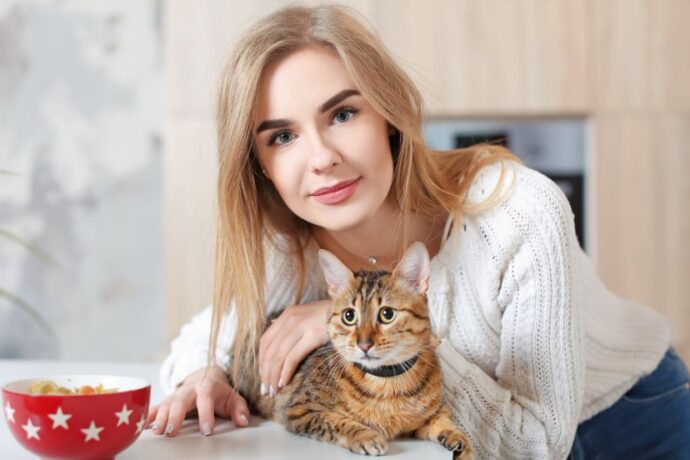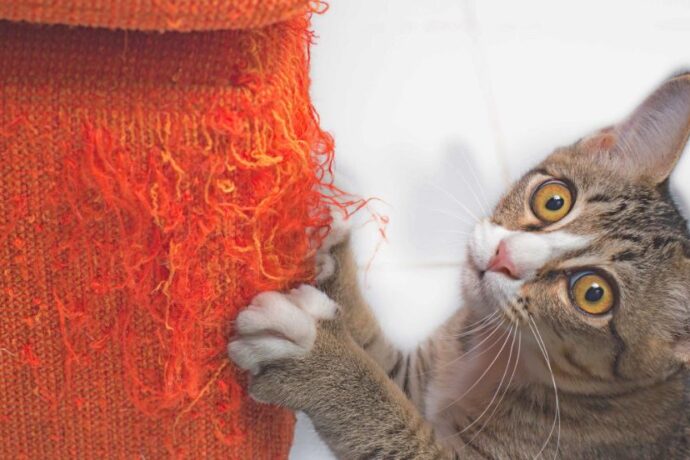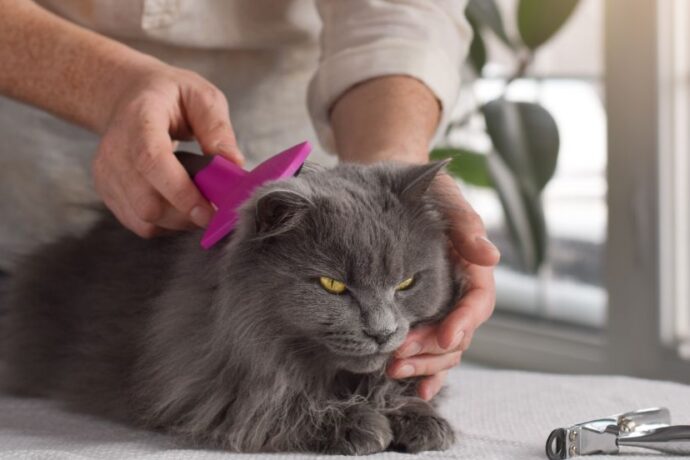Vaccinating your cat isn’t just a suggestion—it’s a crucial step in safeguarding their health and longevity. Whether you have a playful kitten or a calm senior feline, vaccinations protect against life-threatening diseases like feline distemper, rabies, and feline leukemia. In addition to keeping your cat healthy, timely vaccination also prevents the spread of infections to other animals and even humans in some cases.
Many new cat owners often feel overwhelmed by the types of vaccines, their timing, and how often boosters are needed. This guide will walk you through everything you need to know—what shots your cat needs, why they matter, and how to keep your furry friend protected for life.
Top 10 Things Every Cat Owner Should Know About Vaccinations
1. Vaccines Work by Building Immunity
Vaccines help your cat’s immune system recognize and fight diseases before they cause harm. They contain antigens—safe forms of a virus or bacteria—that stimulate the immune system to develop defenses. Studies published in the Journal of Feline Medicine and Surgery confirm that vaccinated cats have a significantly lower risk of contracting fatal diseases like panleukopenia and calicivirus (1).
2. There Are Two Main Types: Core and Non-Core Vaccines
Veterinarians divide cat vaccines into two categories:
- Core vaccines protect against common, severe, or contagious diseases and are recommended for all cats.
- Non-core vaccines are optional and given based on your cat’s lifestyle and exposure risks.
Core vaccines include:
- Feline Panleukopenia (FPV)
- Feline Herpesvirus (FHV-1)
- Feline Calicivirus (FCV)
- Rabies
Non-core vaccines include:
- Feline Leukemia Virus (FeLV)
- Bordetella
- Chlamydophila felis
3. Kittens Need a Series of Shots Early On
Kittens typically begin vaccinations around 6 to 8 weeks of age, followed by booster shots every 3–4 weeks until they’re about 16 weeks old. This early schedule helps protect them when maternal antibodies (from the mother’s milk) start to fade.
4. Adult Cats Need Regular Boosters
Even after kittenhood, cats need regular booster vaccinations to maintain immunity. Core vaccines are usually boosted every 1 to 3 years, depending on the vaccine type and your veterinarian’s recommendations. Skipping boosters can leave your cat vulnerable, even if they were vaccinated as kittens.
5. Indoor Cats Need Vaccines Too
Many owners mistakenly believe that indoor cats don’t need vaccinations. However, airborne viruses, contaminated clothing, and visits to the vet can still expose them to diseases. Core vaccines—especially for rabies and feline distemper—remain essential regardless of whether your cat goes outside.
6. Rabies Vaccination Is Often Required by Law
Rabies is a fatal disease that affects both animals and humans. In many regions, rabies vaccination is legally required, even for indoor cats. The vaccine is typically given at 12–16 weeks of age and then repeated every 1–3 years, depending on your local regulations.
7. Feline Leukemia (FeLV) Vaccine Is Vital for At-Risk Cats
Outdoor cats, or those living in multi-cat environments, are more at risk for FeLV, a virus that weakens the immune system and leads to secondary infections or cancers. The American Association of Feline Practitioners (AAFP) recommends FeLV vaccination for all kittens and for adult cats that go outdoors or interact with untested cats (2).
8. Vaccinations Are Generally Safe but Can Have Mild Side Effects
While cat vaccines are extensively tested for safety, mild reactions like slight fever, tiredness, or a small bump at the injection site can occur. These effects usually resolve within 24–48 hours. Serious reactions are rare, but if your cat experiences breathing difficulties, facial swelling, or persistent vomiting, seek veterinary help immediately.
9. Over-Vaccination Is Avoidable with Titer Testing
For cats with chronic illnesses or sensitivities, antibody titer tests can determine whether a cat still has immunity to a particular disease. This helps avoid unnecessary booster shots while ensuring continued protection. Many veterinarians use these tests to tailor vaccination schedules to each cat’s needs.
10. Keep Accurate Vaccination Records
Maintain a detailed vaccination record for your cat, including the vaccine name, manufacturer, batch number, and date given. These records are essential for boarding facilities, travel, and vet visits. They also help track when boosters are due and ensure your cat never misses important protection.
The Science Behind Cat Vaccinations: What Studies Say
Numerous veterinary studies confirm the long-term benefits of vaccination. A landmark report by the World Small Animal Veterinary Association (WSAVA) emphasizes that vaccines have dramatically reduced the global prevalence of feline viral diseases (3). For example, feline panleukopenia—once a leading cause of death in kittens—has become rare in vaccinated populations.
Additionally, modern vaccines are designed for better safety and duration of immunity. Research has shown that some modified-live vaccines can provide protection lasting up to seven years. However, immunity can vary by individual cat, emphasizing the importance of regular vet checkups and personalized vaccination plans.
FAQs Frequiently Asked Questions
1. Are vaccinations safe for older cats?
A. Yes. While older cats may have weaker immune responses, vaccinations are still recommended to prevent severe infections. Your vet may adjust the schedule or type of vaccine based on your cat’s health and medical history.
2. Can I vaccinate my cat at home?
A. It’s not advisable. Vaccines must be stored and administered under specific conditions to remain effective. Improper administration can reduce protection or cause complications. Always have vaccinations performed by a licensed veterinarian.
3. What if I adopt a cat with no vaccination history?
A. If you adopt a cat with an unknown or incomplete vaccination record, your vet will usually recommend starting the core vaccine series from scratch to ensure full protection.
Conclusion:
Vaccinations are one of the simplest yet most powerful tools for ensuring your cat’s long-term health. They prevent painful, costly, and often fatal diseases while protecting your household and community from contagious illnesses.
By following a veterinarian-approved vaccination schedule, keeping records updated, and monitoring your cat’s response to each vaccine, you’re giving your feline companion the best possible start for a long, healthy life.
References:
1. Prevalence of Serum Antibody Titers against Core Vaccine Antigens in Italian Cats
2. 2020 AAHA/AAFP Feline Vaccination Guidelines
3. WSAVA Guidelines for the vaccination of dogs and cats

